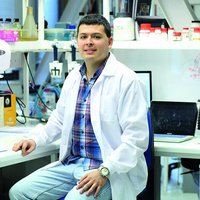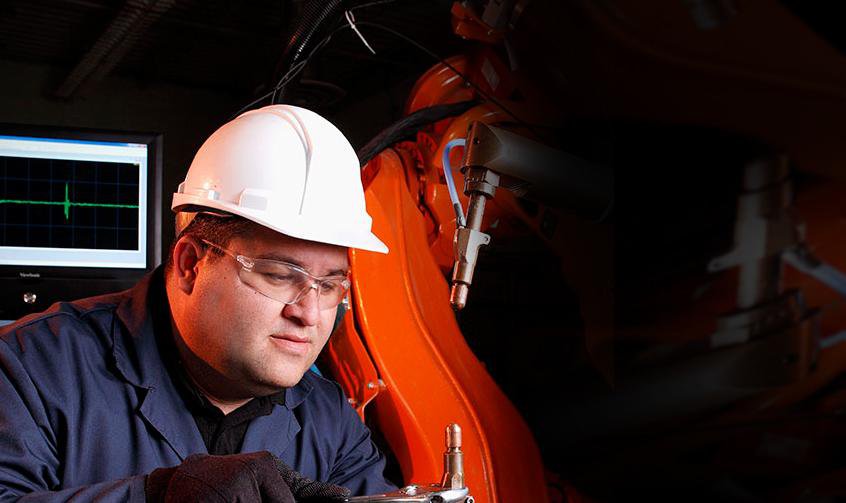Nanotechnology & materials
Waldo Pérez
A new real-time and aluminum welding inspection system

Global
Kuniharu Takei
A novel fabrication step for nanomaterials could lead to fast, energy-efficient flexible electronics.

Europe
Luis A. Alonso Pastor
Improving the design of buildings with superinsulator material

Latin America
Alejandro San Martín
He has created lactid acid based nanosensor to discover new antitumor drugs

Latin America
Victor Freundt
He has used digital manufacturing of customized toys to enhance creativity
